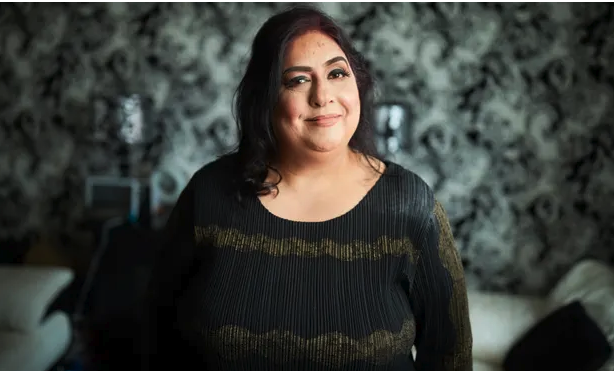
Gazala Iqbal, now 46, was overprotected at home and her sense of dependency was reinforced by patronising attitudes from health and social care professionals. One district nurse told Bradford born and bred Iqbal that she spoke really good English “for an Asian woman”.
Iqbal’s story is echoed in a story I’ve just written. The article is also based on new research by user-led charity Asian People’s Disability Alliance (APDA) into the barriers to independence for disabled Asian women. The report, Humare Avaaz (“our voice” in Urdu), follows 18 months of community research involving 90 women with a physical or learning disability, mental health issues, long-term condition or caring responsibility.
Ignorance of health and social care among families, APDA’s findings suggest, is compounded by professional assumptions. While the authorities are aware of the low or late uptake of services, the report states, they “appear content to presume that this is a choice made by ethnic minority communities”.
There are solutions. Bradford council is embedding a human rights approach into its social work. Over the last two years, the learning disability team has made support more accessible, encouraging engagement with the Asian community.
Read the full story in the Guardian
